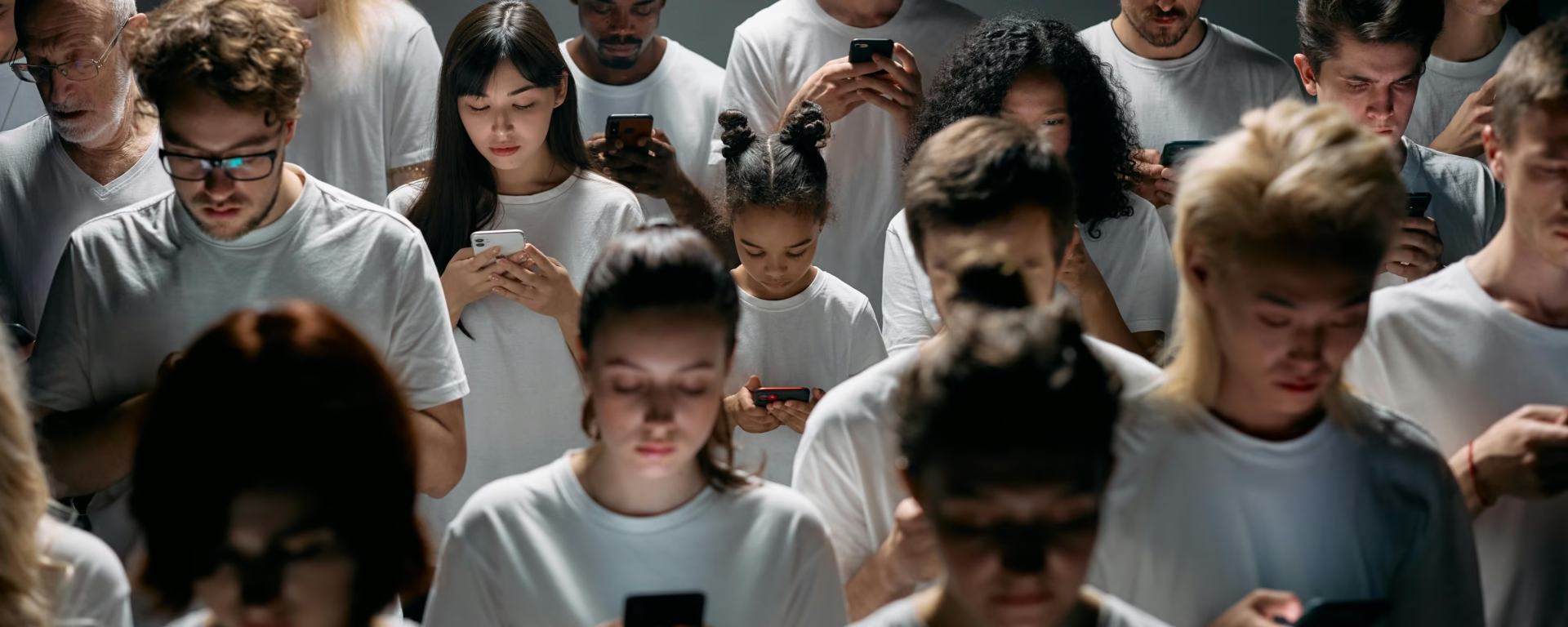A young beauty blogger recently became a tragic victim of social pressures and public shaming, a relentless obsession with perfection. After being mercilessly trolled online for being overweight, she decided to take drastic steps to change her appearance.
Following the extreme OMAD (One Meal a Day) diet, she reduced her weight from 122kg to just 42 kg within six months. But behind the applause for her ‘transformation’ lay a devastating truth- her body suffered severe calorie deficiency, which ultimately led to her untimely death.
While such heartbreaking cases may seem rare, they shed light on a cruel reality- the growing pressure to appear perfect in a world dominated by filters, trends, and social media validation.
For today’s digital natives, the ‘perfect’ body, career, relationship, or lifestyle is the new social currency. Every scroll, swipe, and double-tap reinforces the illusion that everyone else is thriving, that flawlessness is normal, and that happiness can be filtered into existence.
This phenomenon has roots in what French literary scholar Rene` Girard described as mimetic desire, in his book ‘A Theater of Envy: William Shakespeare (1991)’. Girard argued that human desires are not born in isolation- they are imitative. We want what others appear to want.
On social media, this theory comes alive every day, when we see others’ apparently perfect lives- their fitness journeys, luxurious vacations, happy relationships, or professional milestones- it fuels a subconscious urge to replicate their success.
But imitation often stems from envy, and envy is a silent killer. It leads us to chase illusions, forgetting that what we see online is rarely the full story.
Perfection, as it is portrayed today, is a myth. Society has long dictated narrow, unforgiving standards — the flawless physique, the glittering career, the picture-perfect family.
Yet, these standards are built on distortion and denial. They leave no room for vulnerability, imperfection, or authenticity — the very traits that make us human.
In the relentless race to be “enough,” we end up losing touch with ourselves. The digital applause may feel gratifying, but the constant pressure to maintain an image comes at a steep emotional cost.
Anxiety, burnout, eating disorders, and depression are only some of the manifestations of this invisible burden. When external validation becomes the measure of self-worth, individuality gets replaced by conformity, and authenticity fades into performance.
But here’s the truth we too often forget: nobody is perfect. Perfection is not a destination — it’s a trickery. The more we chase it, the more dissatisfied we become. The endless pursuit of flawlessness robs us of joy, spontaneity, and self-acceptance. It makes life feel like a competition rather than a journey.
Imperfection, on the other hand, is profoundly human and profoundly beautiful. It carries the marks of our struggles, growth, and resilience. It allows us to connect with others not through envy but through empathy. The Japanese philosophy of wabi-sabi celebrates this idea, finding beauty in impermanence, incompleteness, and imperfection. Likewise, being “perfectly imperfect” means embracing the cracks and scars that tell our story.
To live authentically in an image-obsessed age is an act of quiet rebellion. It means choosing self-acceptance over self-criticism, truth over appearance, and inner peace over public validation. It means teaching our younger generations that worth is not measured in likes, shares, or filters, but in kindness, creativity, and compassion.
The young beauty blogger’s story is a painful reminder of what happens when the pressure to appear perfect overwhelms the instinct to be. As a society, we must learn to celebrate authenticity over aesthetics, and humanity over hype.
Because in the end, perfection is not what makes us admirable — it’s our imperfections that make us real, relatable, and remarkable. The goal, then, should not be to erase our flaws, but to live fully with them. To be, unapologetically, perfectly imperfect.

